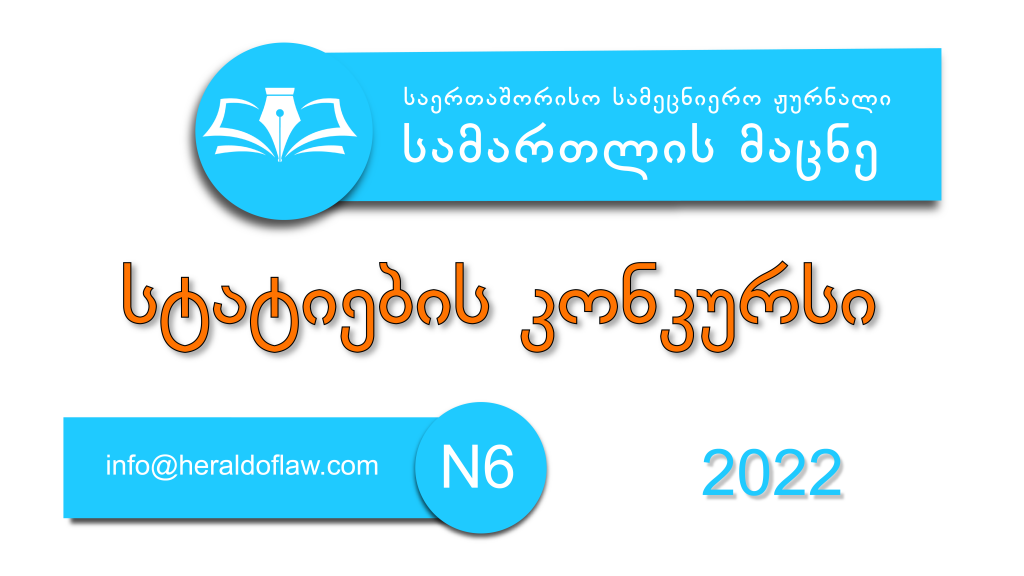Problematic Aspects of Differentiating Operative-Investigatory Activities and Covert Investigative Actions
Abstract:
Law enforcement agencies (Ministry of the Internal Affairs, Prosecutor’s Office, State Security Service, Investigation Service of the Ministry of Finance, etc.) are the structures in the closest links with the constitutional rights, as their competence covers carrying out covert investigative or operative-investigatory measures to solve a crime or prevent specific illegal act. Thus, controlling their power has great importance for protection of human rights and preventing unreasonable
intervention in those rights.
In order to avoid unjustified restrictions on the interests of individuals on behalf of the public interest, it is important that law enforcement agencies’ operative-investigatory activities and investigative powers and practices be developed so that the balance between private and public interests is protected by law.
Power limits of law enforcement agencies, that are stated by law, as well as their actions, are the indicators of the democracy and the protection of human rights in a state.
Legal State refers to creating the legal mechanism that actually ensures existence of the rule of law and protection of constitution. In Georgia, as well as in developed countries with democracy, protection of security and order is ensured by state bodies, mostly by law enforcement agencies.
The addition of covert investigative actions to the Criminal Procedure Code has divided operative-investigatory measures, and the Procedure Code has specified operative-investigatory activities in the form of covert investigative actions that require a court ruling. Accordingly, the legal grounds for their implementation are unclear in some cases, so it is important to separate the operative-investigatory activities on the one hand, which is conducted before criminal prosecution and
regulated by the Law of Georgia On Operative Investigatory Activities, and covert inevstigative actions on the other hand, that is regulated by the Criminal Procedure Code.
Within the framework of the paper, along with the legislation of Georgia, the goal of the work is the discussion of legislative and procedural regulation of operative-investigative and covert investigative actions of Germany and Lithuania.
Historical, formal-logical and comparative-legal methods are mainly used in the work.
Keywords:
Activities, Procedural, Regulation













